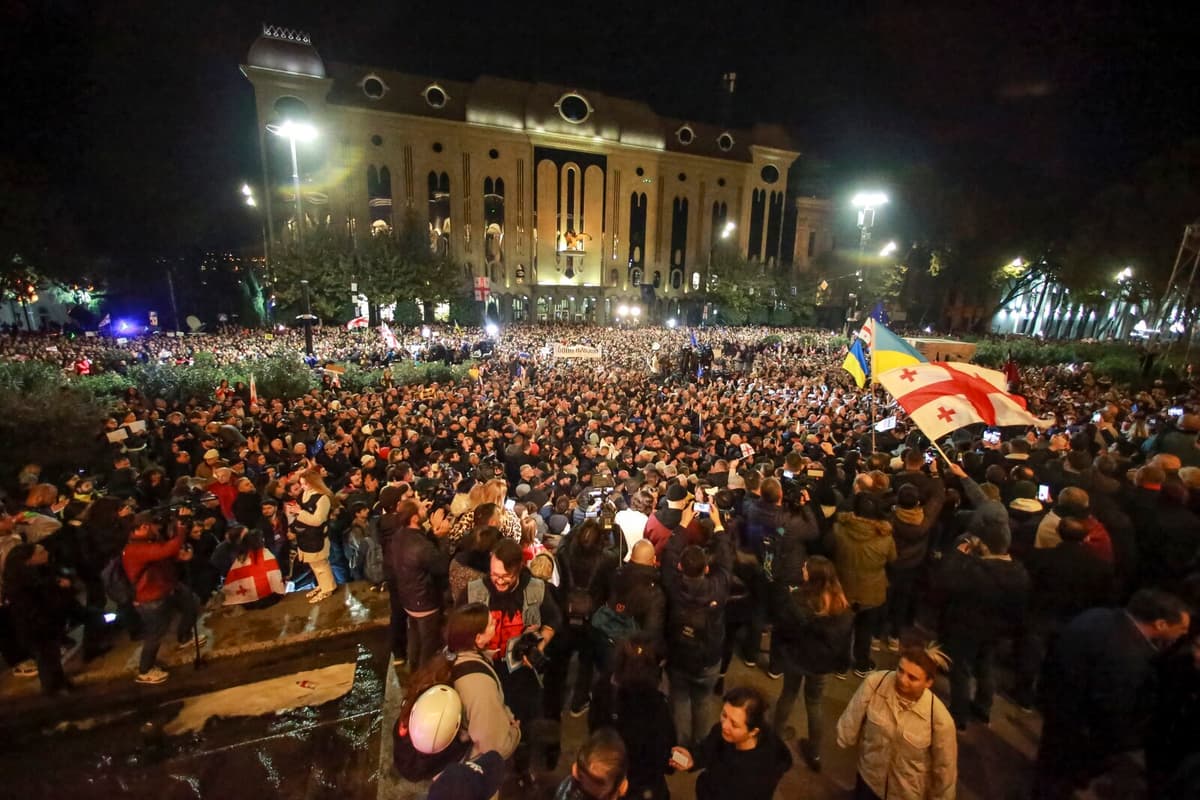According to a notice on the authority's website, President Salomé Zourabichvili – who has declared the result invalid and that the country has been subjected to a Russian influence operation – will be heard to present evidence. This is said to take place on Thursday this week.
According to the election result announced over the weekend, the ruling party Georgian Dream won the election with almost 54 percent of the votes. Both the opposition and observers, as well as foreign governments, have questioned the result and pointed to various forms of pressure and suspected fraud before and during the election.
Georgia's leading observer groups have jointly pointed out large-scale and sophisticated fraud, saying that as many as 15 percent of the votes may be invalid.
Georgia's election authority, which has also been accused of involvement in fraud, said on Tuesday that it would initiate a kind of sampling where cast votes would be recounted in randomly selected polling stations in each constituency.
Georgian Dream has in recent years adopted a more conciliatory tone towards its large neighbor Russia and introduced laws similar to Russian laws that restrict civil society and silence dissenting voices. Russia has in practice occupied about one-fifth of Georgia since a six-day war in 2008.
Georgia's government, led by the Georgian Dream party, introduced so-called agent legislation in June despite widespread popular protests against it.
The law means that organizations receiving more than one-fifth of their funding from abroad must register with the authorities as organizations working on behalf of a foreign power. It raises questions about press freedom and aid from, among others, Sweden. The law text appears to have been modeled after a model used in Russia to restrict civil society and regime criticism.
Georgia has since long inscribed in its constitution that the country's government should strive for EU membership. In December last year, the country received formal candidate status for membership – but when the agent law was passed, EU leaders announced that it effectively meant a stop to the membership process.
In connection with this, the EU summit also demanded that threats and violence against opposition members, journalists, and representatives of civil society should cease.
The few opinion polls that have been conducted have shown that a large majority of Georgia's population wants to join the EU.






